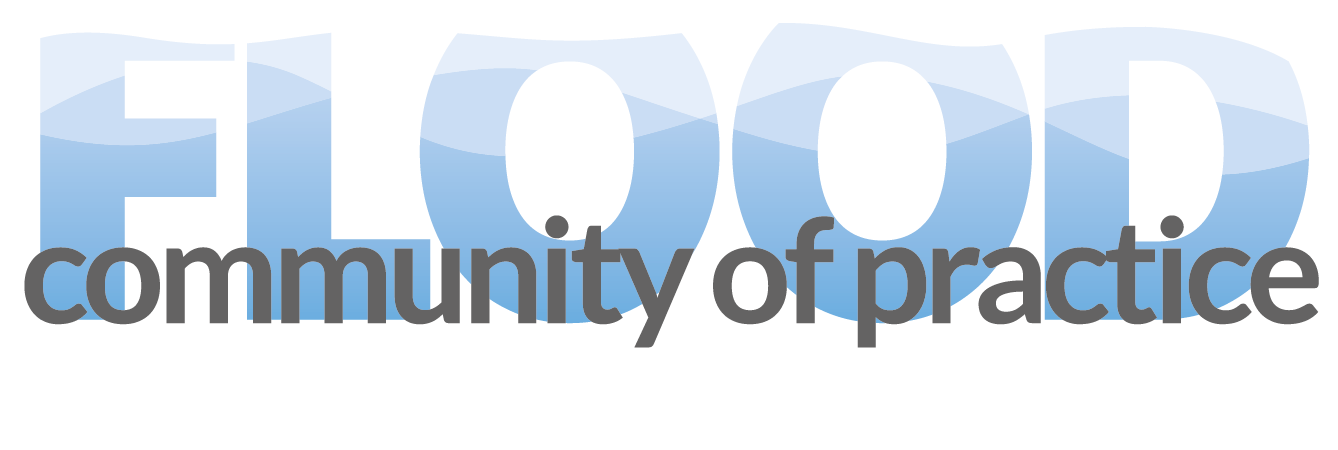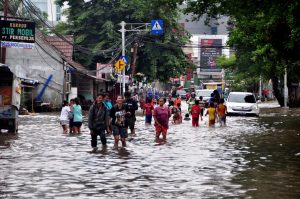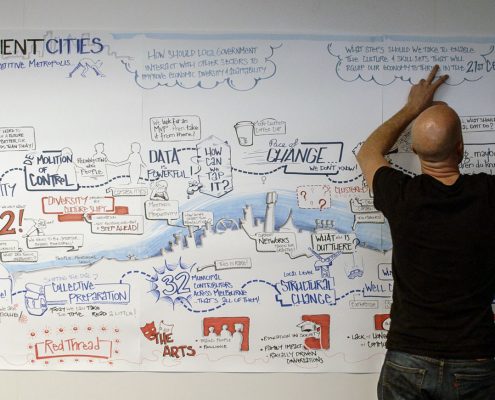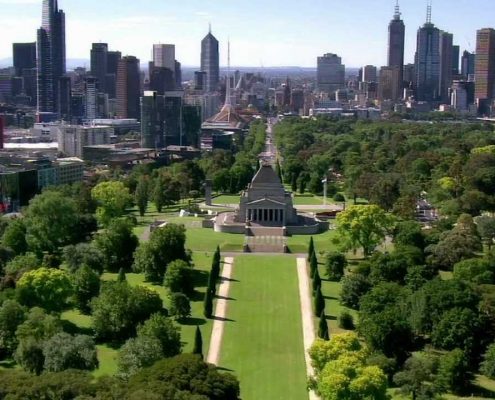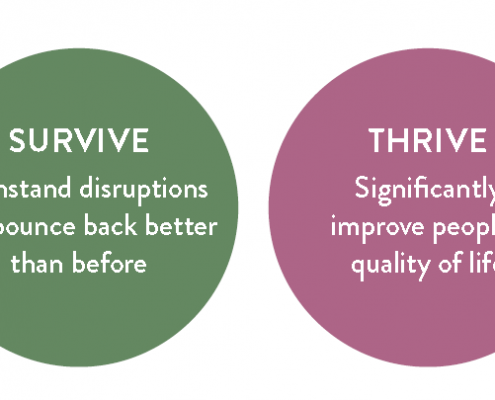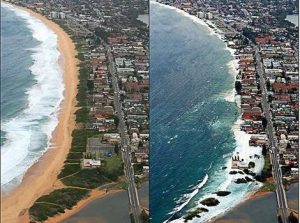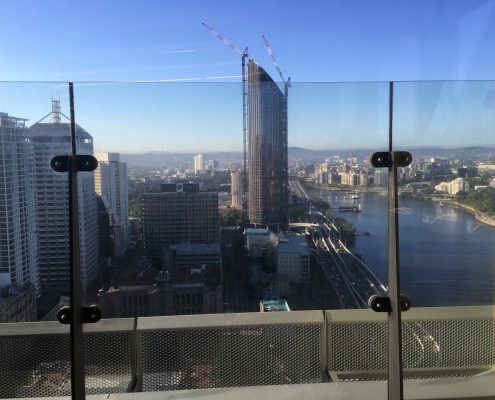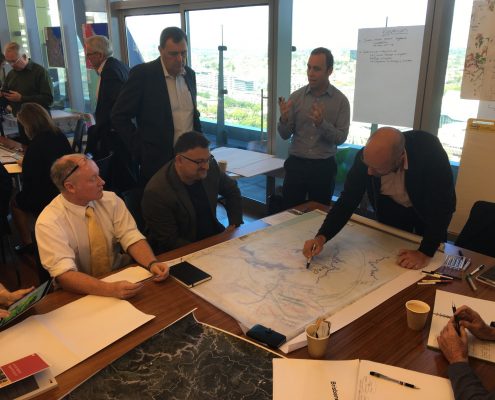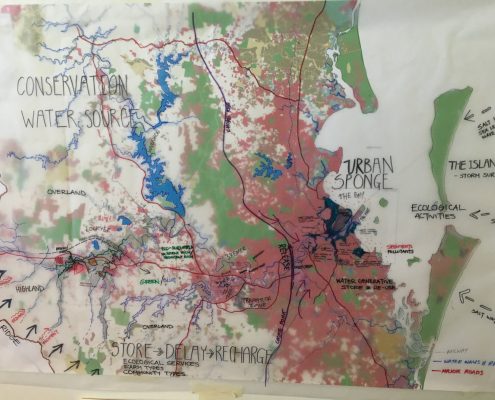AUSNED Water Program 1 to 4 November
On the occasion of the official State Visit by Their Majesties the King and Queen of the Netherlands, a water program has been developed as an integral part of the broader Dutch trade mission to Australia and New Zealand.
In developing this program, the common and complimentary interests of various Australian and Dutch (AUSNED) water agencies and businesses have come to the fore to make an engaging and knowledge sharing series of forums, round tables and workshops. In visiting 4 major Australian centres, it reflects the wide spread water expertise in Australia and the opportunity to build collaborative links across various cross cutting water sector issues.
A history of AUSNED water collaboration already exists in Australia and during this week it will be interesting to see the full extent of this relationship and how ongoing and new joint activities can be developed. For example:
- In Queensland, the Flood Community of Practice provides a platform in which ongoing collaboration on a mix initiatives continues;
- In the research and training sector, various joint projects has groups such as the CRC for Water Sensitive Cities working with UNESCO-IHE from Delft active;
- At an international level both Australia and the Netherlands are members of the UN High Level Panel on Water and will jointly contribute to those deliberations.
So over four days – here what is on offer.
Canberra – Community Resilience: Connecting People and Data – Tuesday 1 November
Timely provision of quality data and intelligence that allows people to take well-informed decisions in the event of (natural) disasters greatly strengthens a community’s resilience. Australia and the Netherlands have been working together in this area for several years and see great potential for further development- both in their own countries as well as in third countries.
A morning seminar will look at National Forecasting System for Vietnam; International Collaboration through the 100 Resilient Cities Network; Design Thinking and Planning Charrettes for Resilient Cities; Capacity Building for Community Resilience.
An afternoon roundtable will discus further common AUSNED issues out of the morning session and the prospect of doing joint work in Asia or the Pacific.
Earlier in the day the signing of a “Letter of Intent on Cooperation in Third Countries” by Mrs. Concetta Fierravanti-Wells, Australian Minister for International Development and the Pacific and Mrs. Lilianne Ploumen, Dutch Minister for Foreign Trade and Development Cooperation will provide a timely stimulus for the day.
Melbourne – Water Sensitive & Resilient Cities – Wednesday 2 November
Home to the CRC for Water Sensitive Cities and member of the global 100 Resilient Cities network, Melbourne has a story to tell about resilience. The city is vulnerable to extreme weather events, is likely to experience significant climate change impacts and has many upstream dependencies. In this program participants will learn about the progress the city has made and take advantage of the unique Dutch and Australian perspectives to investigate some of the key challenges the city is dealing with.
A site visit and working session on Fisherman’s Bend case study will trigger an overview on lessons learnt and possibilities for future exchange.
Sydney – Coastal Resilience:Building with Nature – Thursday 3 November
In 2014, the Australian Climate Council warned that more than $226 billion in assets around Australian coasts are potentially at risk from flooding and coastal erosion. The Victorian coast, the south-east corner of Queensland and Sydney would be the hardest hit as a result of sea level rise. In May 2016, the Northern Beaches felt the true impact as winter storms caused massive damage along its coast. In this program Australia and the Netherlands explore innovative and collaborative opportunities to strengthen coastal resilience.
In the morning topics under discussion with Floodplain Management Australia include the NSW approaches to coastal zone management and flooding in coastal catchments and insights into early warning systems from Dutch storms to Australian cyclones.
In the afternoon, the concept of building with nature will be explored with concepts such as “surf reef and sand transfer” and “ecobeach” being presented.
Brisbane – Resilient Urban Deltas and Floodplains – Friday 4 November
The devastating Queensland floods of 2011 sparked a powerful alliance to strengthen climate resilience between Queensland and the Netherlands. Both Queensland and the Netherlands have a long history dealing with natural disasters. Building on their own unique expertise and experience, a thriving knowledge exchange partnership developed. In the program, participants will reflect on the achievements made so far and identify priority issues and future opportunities for collaboration. Two workshops, will follow a morning visit from Their Majesties the King and Queen of the Netherlands where they will witness water visualisation in the QUT Cube and the launch of the Australian-Netherlands Water Challenge 2017.
In one workshop, participants will explore and evaluate how effective water and flood risk management is as a driver for building resilience in our communities and economy. To stimulate the workshop, Dutch and Australian experts will discuss: (1) Challenges of multi-level governance; (2) Synergistic approaches of flood management with other objectives in the SEQ-region; (3) Design thinking as a tool to find collaborative solutions. After the pitches groups will participate in a sequence of group discussions on each of these themes.
In a second workshop small teams will explore the effects of various local flood mitigation measures supported by a new interactive tool that provides detailed insight in these effects. This scenario evaluation will trigger discussion on what is potentially the best mix of measures and how we can achieve an alignment of solutions across various urban water management stakeholders. Hearing from the Chief Resilience Officer of the City of Rotterdam, the teams will further discuss the steps that are needed to work towards a long term implementation program for a sustainable smart city.
